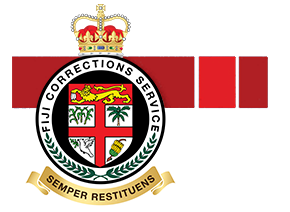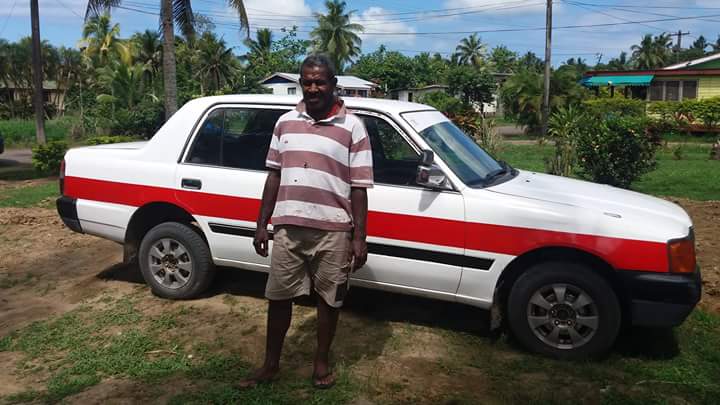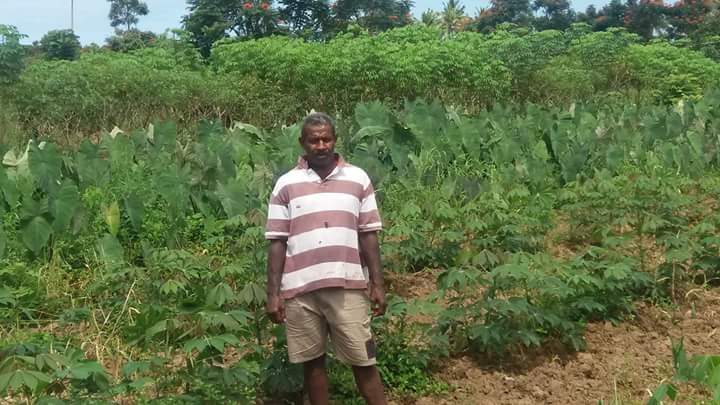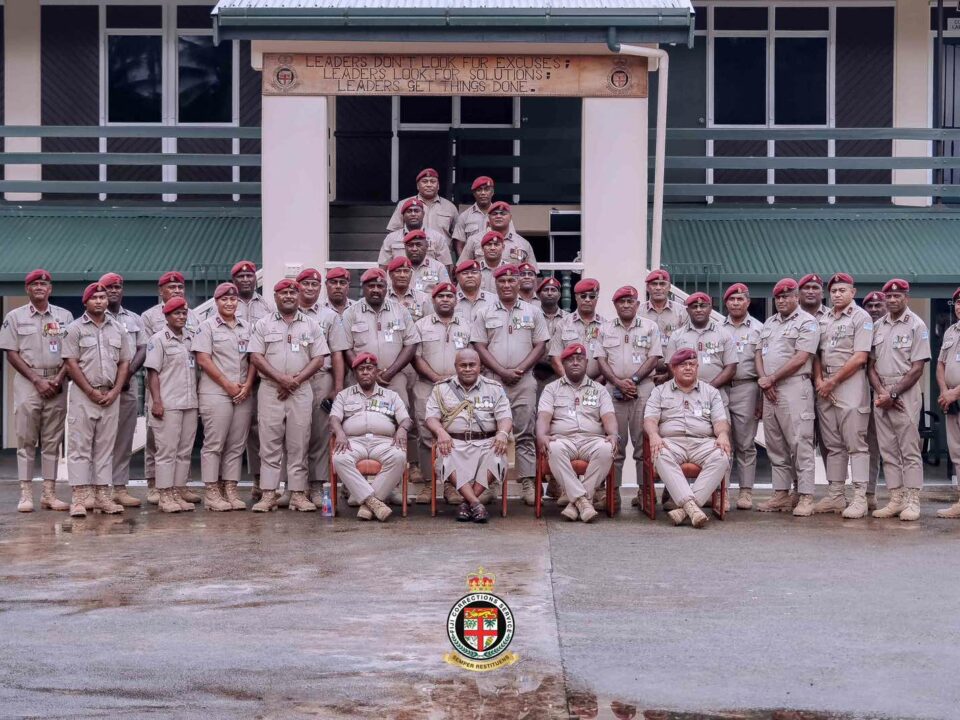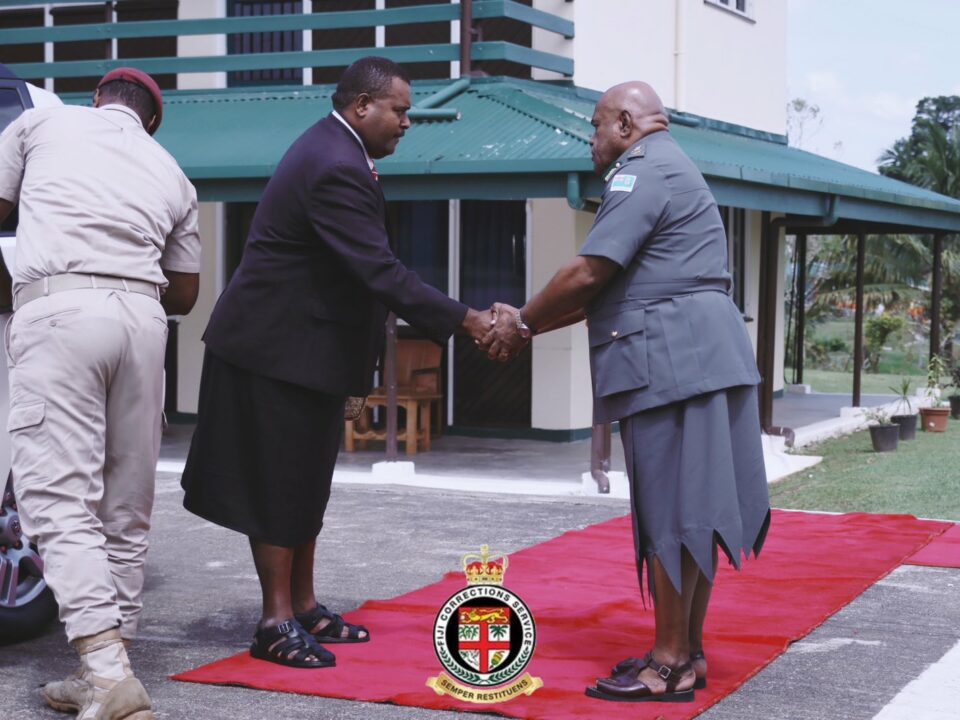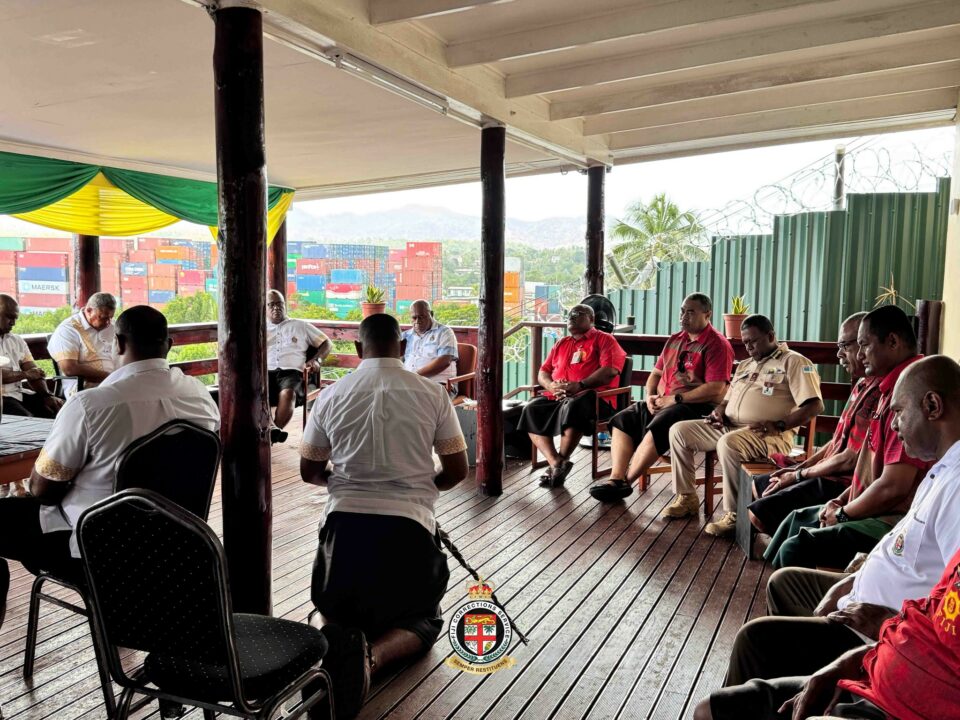Attitude and Heart – A SUCCESS STORY
Hundreds attend Yellow Ribbon Walk
October 31, 2017
APCCA closes on a high note
November 9, 2017The success in the rehabilitation of an ex-offender has often been largely attributed to how he or she is accepted back into his home and his community.
When they are not, it becomes like a second prison.
The Fiji Corrections Services new strategy of “Through Care”, is visionary, but at the same time very challenging.
It is a strategy that encompasses a holistic and vigorous approach to rehabilitation to ensure all ex-offenders are not only equipped with the tools, training and empowerment to be able to make a new life back in the real world.
Society must also be willing to support and encourage them for this to work..
In some communities, ex-offenders could feel a sense of love, care and belonging whilst in others acceptance continues to be a challenge.)
So very soon they find themselves either back to their old ways or lead a life of depression and struggle to make ends meet.
It is often a struggle that tests their attitude and faith in themselves.
Mr Manasa Vakasoqo a 48 year old from Vunivaivai in Tailevu went through a similar experience when he was discharged from prison in 2015.
He was incarcerated in 2010.
He was released early to serve his sentence in doing community work due to good behaviour.
“It was like I was at the wrong place at the wrong time, one of those things that happened when you are under the influence of alcohol and you have to live with yourself and accept the consequences. But I have moved on from there.”
Vakasoqo’ss greatest challenge he said was to come to terms with what society really saw in as.
“It was hard returning home, although my close family members, friends, wife and children were happy to see me whilst some distanced themselves” said Vakasoqo.
“It was those unspoken words, gestures, the look I was given and lost privileges that really test my faith.
“Sometimes my spirits were down, I had genuinely wanted to work my way back to being a normal family man again but sometimes people just don’t want to give you a second chance.”
“But my cousin who owned a tractor allowed me to use it when it is on hire since I have a license to operate that machine.
For his efforts his cousin paid him $30 per day for each contract given.
“The job from my cousin as a tractor driver, gave me the opportunity to start my road to recovery in the outside world.”
He started to plough his own land for dalo and cassava farming.
He was goal oriented and invested all his free time into his new project. Hard work was his key in unlocking his second prison.
“I was also farming before I went to prison but not with an enormous target and focus like today.
“I completed all the stages of the Rehabilitation Yellow Ribbon Programs in Prison and it taught me how to think differently with a positive mindset and how to handle stress – so I just recalled (went back to) the values the program instilled when times got tough.
Vakasoqo did not have the perfect start in life.
His family was too big for everyone to get a proper education.
He was the 5th child in a family of 11 siblings and eventually he had to drop out of school at the age of 14-years.
“I only reached class 8, so naturally most things in life I had to teach myself through observations and for me it was farming. It became my basic means for survival.
Today, he owns and operates a dalo and cassava farm which supplies the local markets.
Just recently, he brought bought his own car to help his business and also a means of transport for his family.
This is quite an achievement for someone who just over a year ago was an inmate in Naboro Corrections Complex.
“Some people may be surprised on how I have developed the expansion of my farm. I managed to buy a second hand car. My response to them was that I have learnt the hard way to change my attitude to better and improve my life,” said Vakasoqo.
Vakasoqo now carts his produce to the Suva Market every week.
Senior psychologist and Director of the Rehabilitation (Yellow Ribbon) Program Mrs Elenani Vuru says Vakasoqo is one of those that had completed the Phases of the Rehabilitation Programs to treat his Offending behavior and Up-Skilling programs at Naboro.
“New skills were taught and known skills were reactivated to prepare him for community living,’’ Mrs Vuru said.
“This training helped him in achieving his goals against many challenges he faced when he went back home, and also the fact that his wife waited patiently for him with his 2 adopted children was also a boost for him.”
Purchasing a car for him was a milestone to assist in the cycle of his recovery in order for him to be independent and resilient in community living.
“He unlocked his second Prison mainly through his attitude and hard work,’’ says Vuru.
